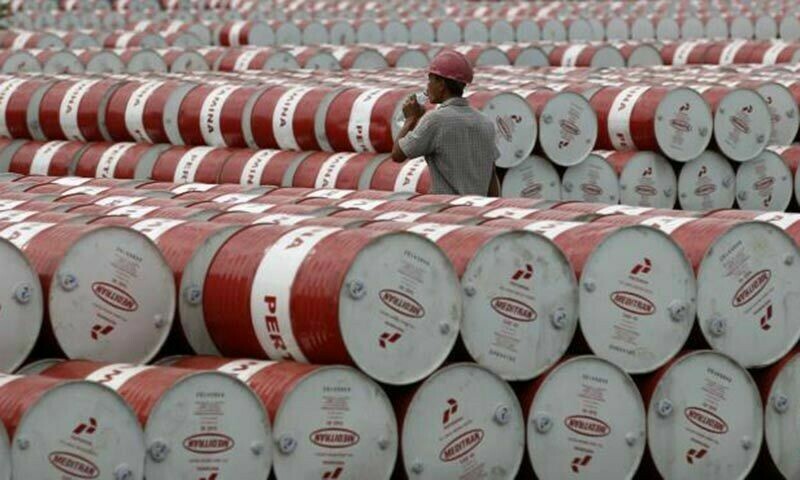Finance Minister Muhammad Aurangzeb on Thursday said that sales tax evasion by companies was responsible for 50 per cent of tax leakage the government had estimated at Rs7 trillion previously.
Addressing a press conference in Islamabad, the finance minister, along with Federal Board of Revenue (FBR) Chairman Rashid Langrial, said that he wanted to address the “war on tax fraud”, saying that it was a necessity to increase the tax-to-GDP ratio to 13pc.
“It is important that we take you all on board and have a fact-based discussion,” he said. “This is not a 10,00 feet level discussion — this is not an emotional discussion.”
The finance minister noted that the burden of taxation, which primarily fell on the salaried and manufacturing class, “has to now be taken evenly to bring tax-to-GDP ratio up so that we can be a sustainable country”.
On tax fraud, the finance minister presented a slide show, stating there was a need for a “fact-based” discussion to rein in tax fraud.
“On the other side, we get into a tax regime which is fair and where every sector plays their role.”
He highlighted that, as previously stated, income tax evasion was worth Rs1.3 trillion, with a total overall leakage close to Rs7 trillion.
“If you see, almost 50pc of that is sales tax evasion,” he pointed out. “The 3.4 trillion — roughly 50pc of that — is sales tax evasion.
Aurangzeb noted that lack of registration was a major reason behind the tax fraud, citing that only 14pc of companies were registered.
“Let’s come to the next category, which is tax frauds — the first one is misreporting of turnover and input claim,” he stressed. “These companies claim a high ratio of input tax so the tax payment can be reduced.”
Aurangzeb said that companies issued “fake invoices” of supplies, adding that companies also failed to report the “agency function” where they need to report that tax to the government.
And that is a big role and it results in a betrayal of the trust and trustee function that you have as a company,“ he added.
Regarding companies, the finance minister said that various “big” companies, which included steel, cement, battery, beverages, and textiles, took part in tax fraud.
“It is my appeal certainly to the management to these companies that you come to manage these companies that there should be a justification to all stakeholders including what you owe and what the companies owe to the government,” he said, adding that consequences of tax fraud included, under Section 37-A, arrests and imprisonment.





Leave a Reply